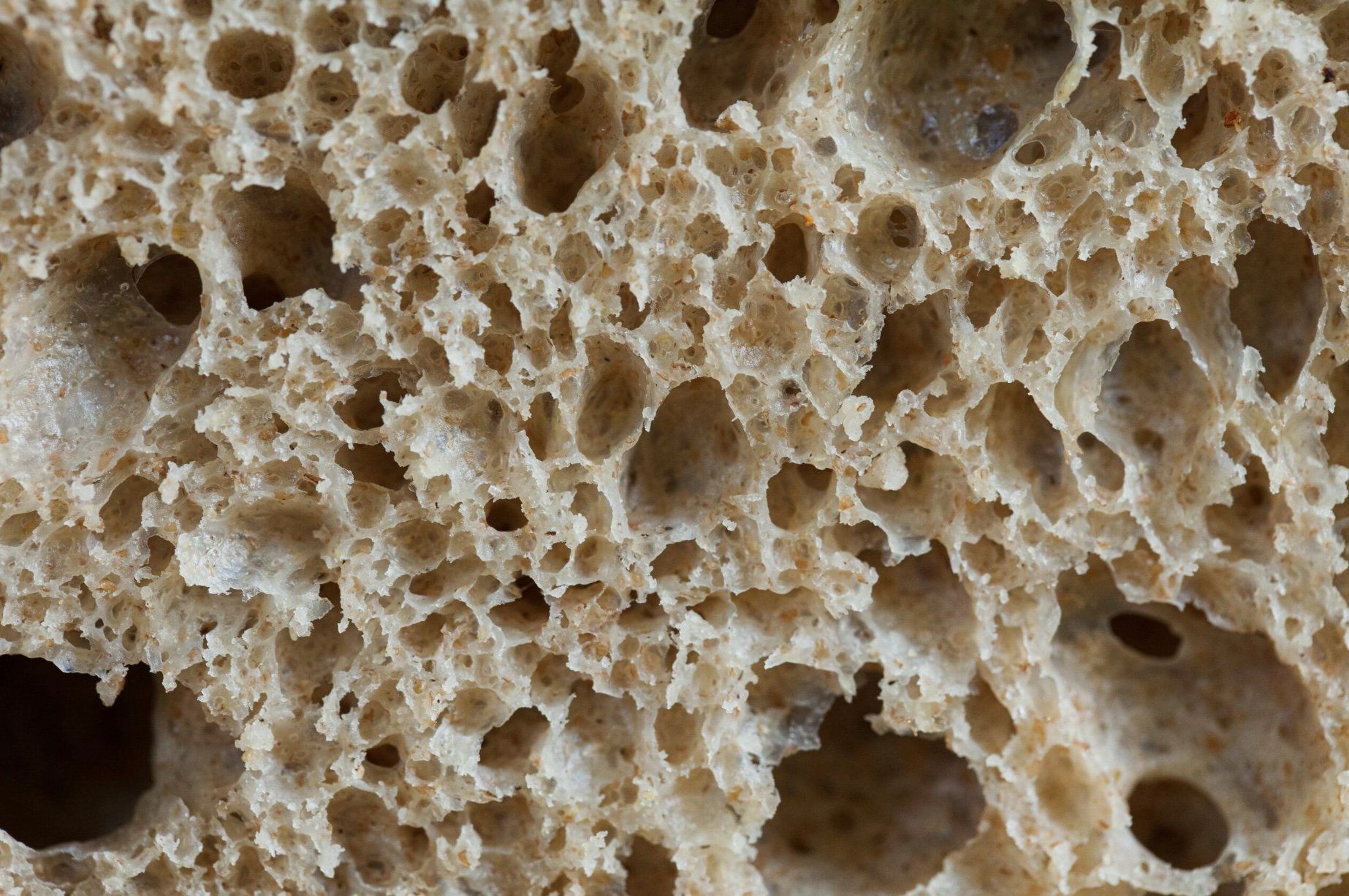
It’s Coeliac Awareness Week on the 9th of May 2022. Whilst Coeliac Disease is a condition that has been around for centuries- with clinical signs and symptoms it dating back to 250 A.D (1), unfortunately to this day, it is still not a well-understood condition.
No.1: Coeliac disease is not an allergy or an intolerance
It is an autoimmune condition where the body attacks itself when gluten is eaten and this causes physical damage to the small intestine, which in turn can lead to symptoms and long-term complications if not treated (2).
With an allergy or an intolerance, there is no gut damage and this is one of the reasons why the term ‘gluten intolerance’ is not interchangeable with coeliac disease.
No.2: People with coeliac disease don’t only have gut symptoms
Historically people with Coeliac Disease have been expected to present with classical symptoms of unexplained weight loss, abdominal pain, bloating and diarrhoea. However, an increasing number of patients present with non-digestive symptoms.
A recent study (3) found that only around 27% of patients present with these classical symptoms, whilst around 52% of patients present with non-classical symptoms like constipation, anaemia, neurological disorders, osteoporosis and dermatitis herpetiformis (a type of skin rash).
Furthermore, people can also present with fatigue, mouth ulcers, headaches and brain fog, amongst other symptoms. This study also identified that around 21% present with no symptoms, which makes the diagnosis even harder. Due to these digestive and non-digestive symptoms and since the symptoms can be similar to other conditions like irritable bowel syndrome, it can take a long time to get diagnosed. Currently, it takes an average of 13 years (4) to get a diagnosis of coeliac disease and around 64% of people with coeliac disease remain undiagnosed (5).
No.3: Gluten has to stay in your diet to get diagnosed
One of the reasons why many people still remain undiagnosed is because of the challenges with the diagnosis. According to the National Institute of Clinical Excellence [NICE] people with coeliac disease should have gluten in their diet at least once a day for 6 weeks prior to any coeliac disease test [6]. The initial screening point for most people with coeliac disease tends to be a coeliac disease antibody test called an Immunoglobulin A Tissue Transglutaminase (IgA TTG) which can be requested by your GP.
However, for many people, keeping gluten in the diet for this long can be painful and debilitating, which can in turn make it very difficult to complete the gluten challenge. This can be even harder for certain patients who may then also be asked to do another gluten challenge so they can have an endoscopy test that takes a sample of the small intestine (a biopsy) to confirm coeliac disease-related gut damage. Despite these challenges, it is always important to get the right diagnosis.
Removing gluten from the diet without consulting with a doctor first can lead to missing a diagnosis of coeliac disease – or an alternative diagnosis.
No.4: Even a crumb of gluten is harmful to people with coeliac disease
Unfortunately, the gluten-free diet is the only treatment available. There are no alternative medications that can be taken to stop gluten from causing gut damage. Furthermore, it takes as little as 10-50mg of gluten to cause damage to the small intestine [7], which means that people with coeliac disease in essence need to avoid less than a crumb of gluten for life, which is by no means easy.
This involves constantly being vigilant to avoid gluten-containing grains (mainly wheat, barley, rye and contaminated oats) from an ingredient point of view as well as from a cross-contamination point of view to ensure they have not come into contact with gluten-free food in the cooking or manufacturing process. This makes eating out a true challenge too, as cooking methods always need to be enquired about to guarantee safety and research has shown that having to follow such a strict diet for life has an increased psychological burden compared to many other medical conditions [8].
No.5: Coeliac disease is a serious condition
As simple as it may sound to ‘just follow a gluten-free diet’, coeliac disease management involves much more than this. Due to the damage that gluten can cause to the small intestine, people with coeliac disease are at higher risk of developing complications like osteoporosis and small bowel cancer (amongst others), which is further increased if the condition remains untreated (3). This is why this condition requires support from a dietitian to ensure the diet is implemented in the right way as well as having medical follow-up with a doctor for additional blood tests and investigations that may be required. According to the British Society of Gastroenterology, people with Coeliac Disease should be followed up annually and also have an annual blood test (2).
I hope this article has helped raise awareness of a condition that is often misunderstood. A lack of awareness of this condition can result in more people with coeliac disease not getting encouraged to get diagnosed and it can also result in more people not receiving the necessary support they need once diagnosed.



